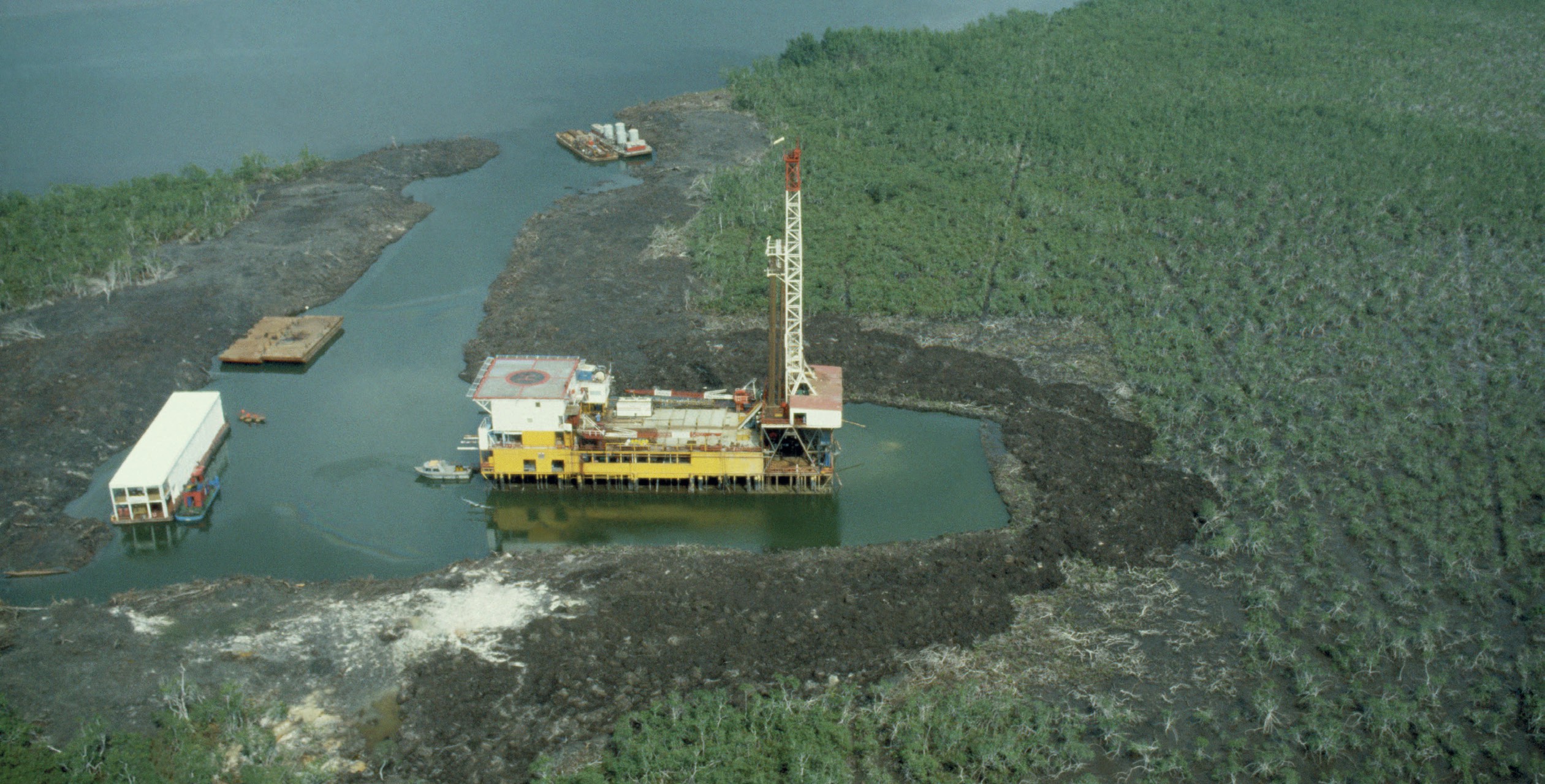
Before 1958, Nigeria was considered a low-income country (LIC) with a gross national income (GNI) of around US$100 per person. The country’s economy was built on primary industries such as agriculture and mining for coal, gold and bitumen. A large proportion of Nigerians were involved in farming, many as subsistence farmers herding cattle, but others were employed on plantations growing cocoa, peanuts, rubber and palm oil. Economic development was slow.
The discovery of oil in the mid-1950s significantly altered the story of Nigeria’s economic development. The estimated 35 billion barrels of oil reserves found beneath the Niger delta along with gas reserves totalling 100 trillion cubic feet, have helped catapult Nigeria into being one of the richest nations in Africa, doubling the GNI.
Your organisation does not have access to this article.
Sign up today to give your students the edge they need to achieve their best grades with subject expertise
Subscribe




